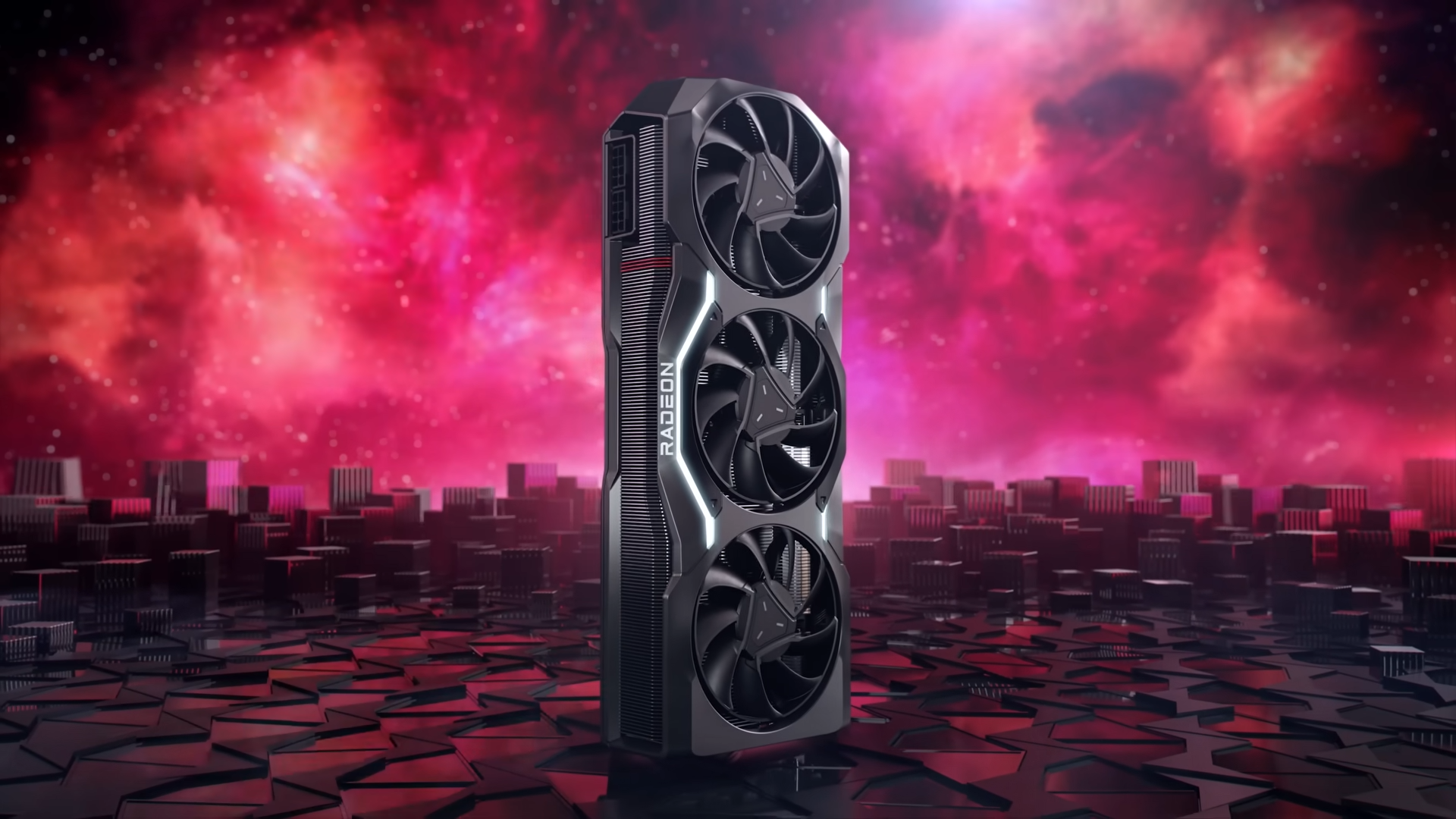AMD Fluid Motion Frames 2 gets an update with new stability fixes — the driver also brings optimizations for Warhammer 40K Space Marine 2
AMD's global Frame Generation solution, separate from FSR, gets an update.

As of September 6, AMD has released a new update for its AMD Fluid Motion Frames (AFMF) 2 Technical Preview. This new AFMF 2 update is mainly targeted at fixing stability issues. It also provides some unspecified optimizations for Warhammer 40,000: Space Marine 2, which otherwise wouldn't be playable with Frame Gen on these systems since it only supports AMD FSR 2. The last major update for AFMF 2 was back in July when we saw benchmarks touting latency reduction of up to 28% compared to the original AFMF.
Regarding overall features and performance, don't expect much to change between the last version of AFMF 2 and this one. Since this is essentially just a bug-fixing update, any further reduction to input lag will only be tied to Space Marine 2 improvements or the fixing of formerly-bugged scenarios.
AMD Software Adrenalin Preview Driver For AFMF 2 September 6 2024 (AFMF2 2 Driver Version 24.20.11.01) Fixed Issues
- AFMF may become inactive after enabling certain on-screen overlays.
- Performance metrics overlay may intermittently report N/A after task switching with certain display configurations.
- Baldur's Gate 3 may experience an app crash on AMD Ryzen™ AI 300 Series Processors.
- Intermittent driver timeout may occur after opening the Xbox Game Bar while AFMF 2 and RSR is active with certain Vulkan games.
- AFMF 2 may intermittently become inactive after doing a task switch with certain applications.
Aside from the official list of Issues Fixed above, all this AFMF 2 update provides "new game optimizations and general stability fixes," which are likely mostly unlisted changes. Even the touted improvements for Warhammer 40,000: Space Marine 2 are left undefined besides AMD encouraging users to leverage AFMF 2 alongside that game's AMD FSR 2 support, which will roughly approximate FSR 3 Frame Gen but not quite achieve all the benefits of engine-implemented Frame Generation as in FSR 3+ or DLSS 3+.
In any case, testing of AFMF 2 by the community at large does show it to be generally usable, much more so than the original AFMF solution. While in-engine is still better, AFMF 2 thus far seems to be a properly optimized driver-level solution for games without native support for Frame Generation, allowing many more players to enjoy high refresh rate gaming.
Get Tom's Hardware's best news and in-depth reviews, straight to your inbox.

Christopher Harper has been a successful freelance tech writer specializing in PC hardware and gaming since 2015, and ghostwrote for various B2B clients in High School before that. Outside of work, Christopher is best known to friends and rivals as an active competitive player in various eSports (particularly fighting games and arena shooters) and a purveyor of music ranging from Jimi Hendrix to Killer Mike to the Sonic Adventure 2 soundtrack.